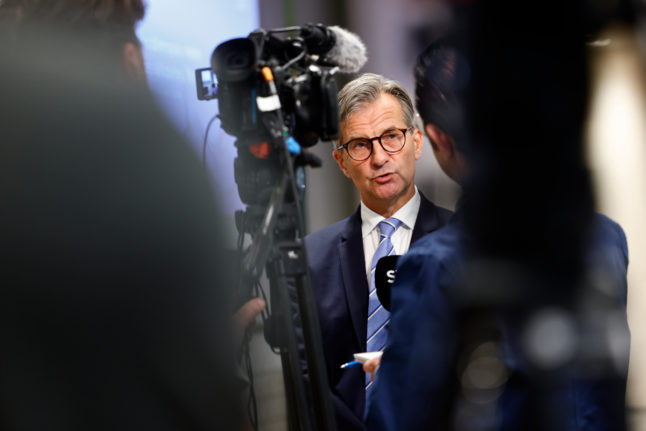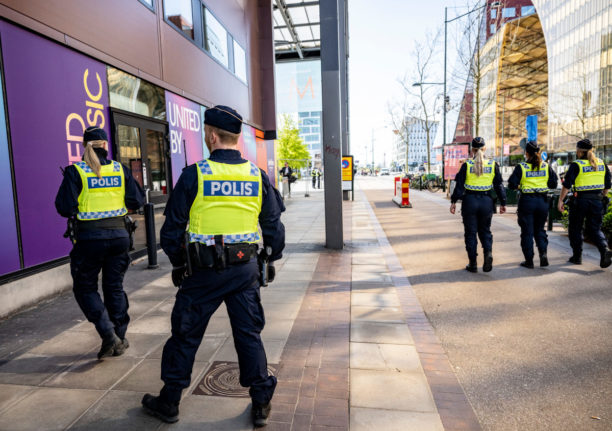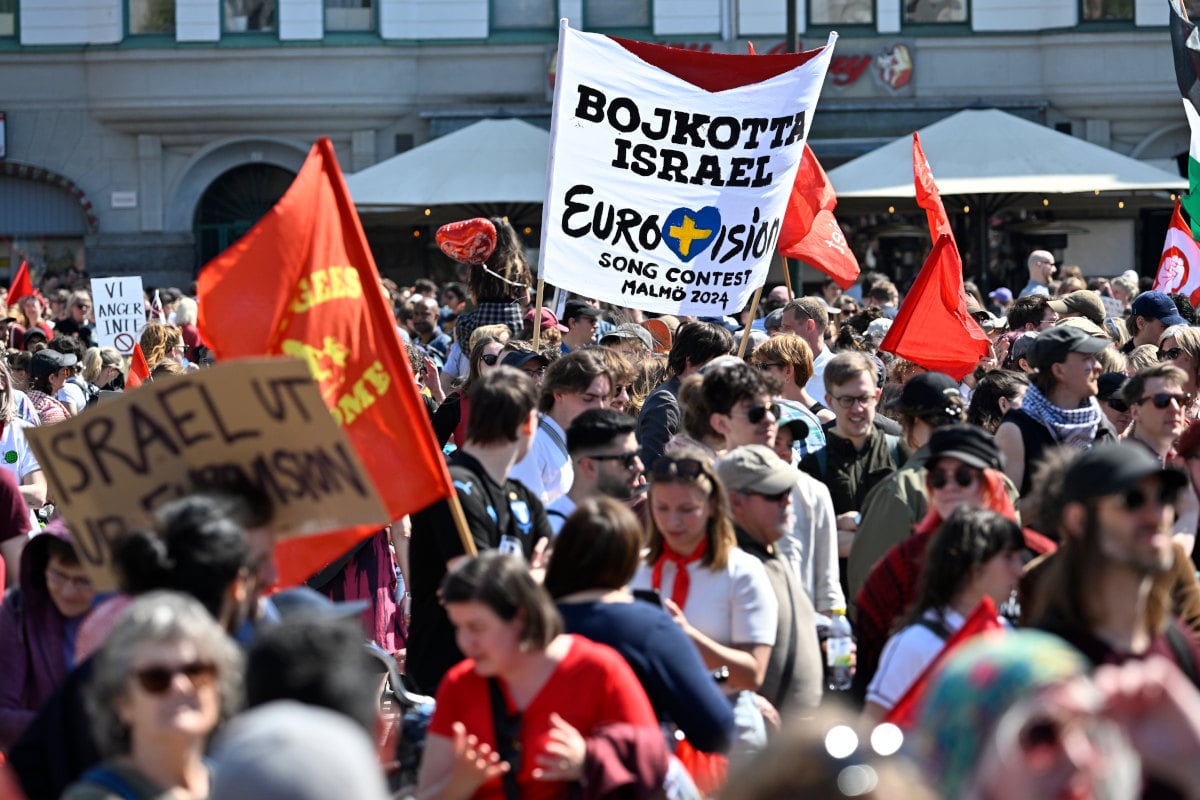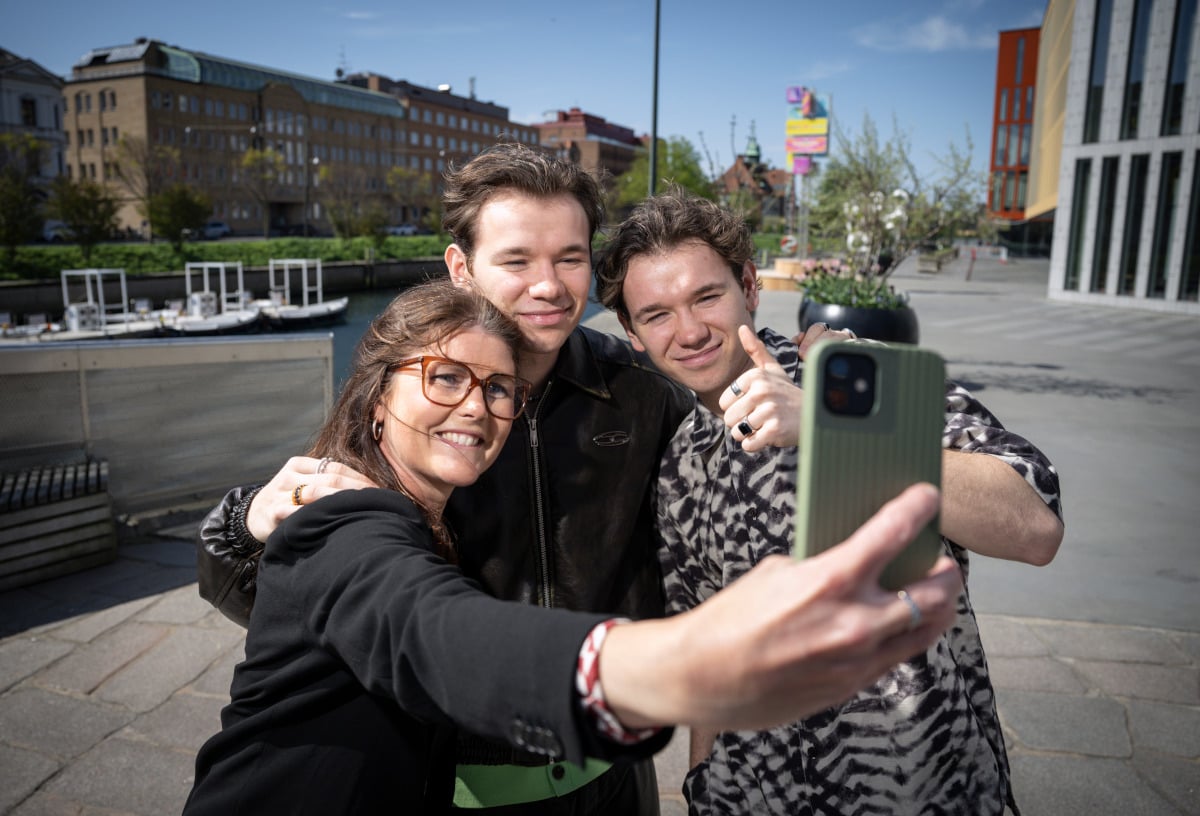September 21st: Interest rate announcement
The Riksbank central bank’s next key interest rate announcement will be made at the end of September, alongside its next fiscal policy report.
Major Swedish banks such as Swedbank and Nordea predict that the bank will raise the key interest rate by 0.25 percentage points, to 4.00 percent.
Nordea believes this will be final key interest rate hike, after which the rate will remain stable for the rest of 2023 and start to drop in 2024.
Swedbank predicts there could be a further 0.25 point hike in November, after which rates will stabilise.
September 20th: Government budget submitted to parliament
Sweden’s government parties – the Moderates, Christian Democrats and Liberals – will present their autumn budget on September 20th, written in collaboration with the Sweden Democrats.
In a press conference presenting the government’s economic forecast at the end of August, Finance Minister Elisabeth Svantesson announced that the government will invest 40 billion kronor’s worth of reforms in its autumn budget, money which will be allocated to regional and local authorities (which are in charge of welfare services), as well as Sweden’s military defence and police.
More information on the autumn budget is scarce, but updates will be available here at The Local as soon as we have them.
September 1st: Changes to rules around coordination numbers
At the beginning of September, Sweden’s Tax Agency will take over responsibility for identity checks on coordination numbers. Coordination numbers are similar to personal numbers, and are used in contact with Swedish authorities by people living in Sweden who aren’t eligible for personal numbers for various reasons.
Coordination numbers are now issued at three different levels depending on the extent to which the applicant proved their identity when they applied, with the highest level being issued to those who were able to confirm their identity to the Tax Agency with an accepted document.
Applicants undergoing identity checks must also let the Tax Agency collect their fingerprints and take a picture of their face, which will be compared with their ID document.
In addition to this, all Swedish authorities will be responsible for informing the Tax Agency about any suspected issues or inaccuracies in the population register’s database of people with coordination numbers.
September 25th: Deadline for companies to apply for energy subsidy
Companies in southern Sweden eligible for the energy price subsidy have until September 25th to apply.
On August 25th, two thirds of eligible companies had not yet applied, with 81,000 eligible companies applying for a total of 11.7 billion kronor.
In a press statement, Tax Agency project leader Marie Elmnäs said that there are a total of 237,000 eligible companies in energy zones 3 and 4, adding that the agency had “expected a higher number of applications”.
Eligible companies can apply to the Tax Agency for the subsidy here.
September 12th: Deadline to pay outstanding tax
If you were unlucky enough to be issued with kvarskatt on your tax return back in June, you have a few days left to repay it.
You risk paying up to 20 percent interest on the outstanding amount if you don’t manage to pay your tax back before the deadline, as well as a potential black mark on your record, which could make it harder for you to borrow money in the future.
If you’re outstanding tax is under 100 kronor you don’t need to pay it back until it reaches 100 kronor or over, and if you received your final tax declaration later than June, your deadline will also be later.
You can find out all the relevant details on the Tax Agency’s tax repayment page.
Crayfish season continues
Unfortunately there are no public holidays in September – the next one isn’t until Christmas – that doesn’t mean there’s nothing to celebrate.
The crayfish season, which started at the beginning of August, will continue until the end of September, so be prepared to keep seeing crayfish-themed decorations in the supermarkets for a few weeks yet.
If you haven’t already done so, why not find some friends (preferably with access to a summer house) to hold your very own kräftskiva (crayfish party)?
As with most Swedish celebrations, expect drinking songs, lots of snaps, crispbread, cheese, and most likely some sort of västerbottenpaj – a quiche featuring Sweden’s favourite cheese, västerbottensost.
Here’s our guide to six essential Swedish drinking songs for crayfish party season.
September 11th: One year since 2022 election
It’s almost a year since Sweden’s last election on September 11th, 2022. To keep up to date with Swedish politics, you can sign up to our weekly Politics in Sweden newsletter here, or read previous editions of the newsletter here.





 Please whitelist us to continue reading.
Please whitelist us to continue reading.
Member comments